Birds of prey, also known as raptors, are fascinating creatures that have long captured our imaginations with their powerful presence and remarkable hunting skills. These avian predators play a crucial role in maintaining the balance of nature, and each one possesses unique traits that set it apart from other birds. In this article, we will explore 15 iconic birds of prey and delve into their incredible abilities.
15. Bald Eagle A Symbol of Strength

The bald eagle, with its striking white head and tail contrasting against dark brown body feathers, is a symbol of strength and freedom, particularly in the United States. These majestic birds possess powerful talons and a keen sense of sight, allowing them to spot prey from miles away. Known for their impressive wingspan, reaching up to 7.5 feet, bald eagles are expert fishers, swooping down to snatch fish from water surfaces with precision.
14. Peregrine Falcon The Speed Demon
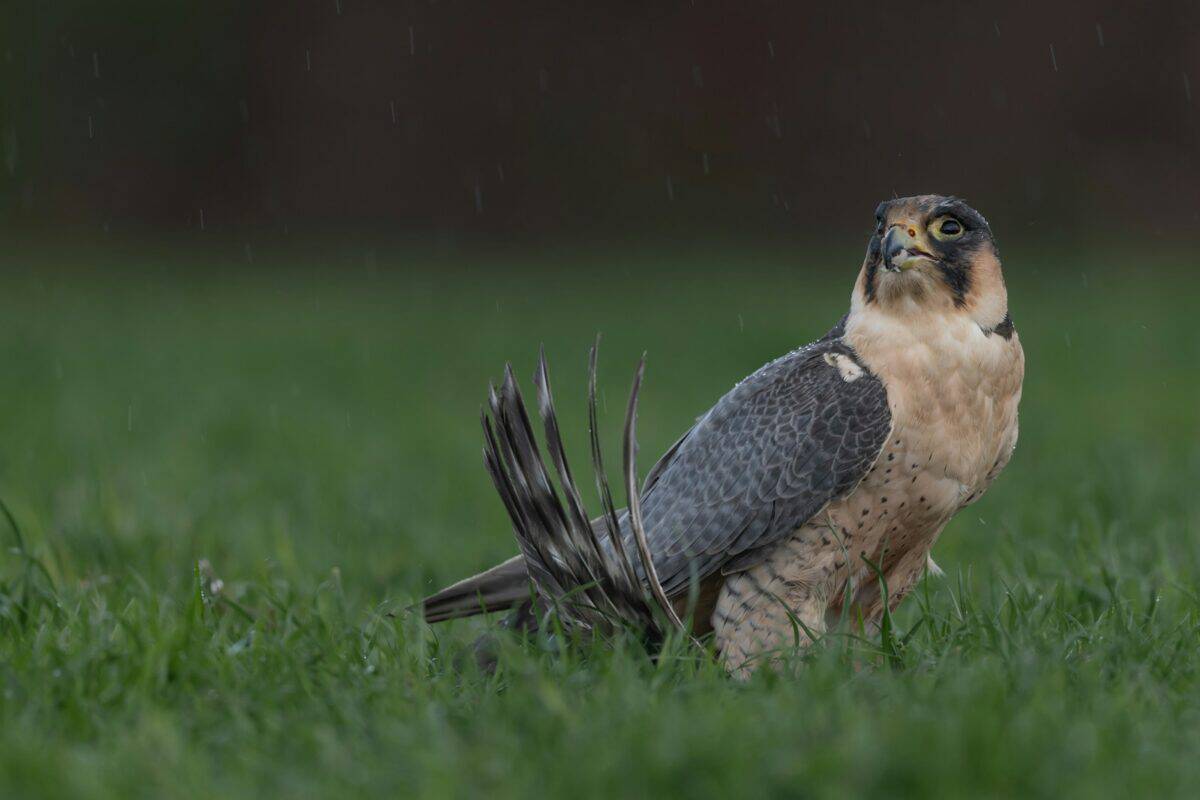
Renowned as the fastest bird in the world, the peregrine falcon can reach speeds of over 240 miles per hour in a dive. These incredible speeds allow them to catch prey mid-flight with remarkable accuracy. Adapted to a variety of habitats, from urban environments to remote wilderness, peregrine falcons showcase the remarkable adaptability of birds of prey.
13. Great Horned Owl The Silent Hunter

The great horned owl is a master of stealth, equipped with specialized feathers that allow it to fly silently. This nocturnal predator uses its extraordinarily acute hearing and night vision to hunt under the cover of darkness. Capable of taking down prey much larger than itself, the great horned owl’s powerful grip and sharp talons make it a formidable hunter.
12. Red-Tailed Hawk The Watchful Guardian

With its distinctive reddish-brown tail, the red-tailed hawk is a common sight across North America. Known for its adaptability, this hawk thrives in diverse environments ranging from deserts to forests. The red-tailed hawk’s keen vision aids in spotting small mammals from high above, making it an efficient diurnal hunter.
11. Harpy Eagle The Jungle Titan

The harpy eagle is one of the largest and most powerful raptors in the world, dominating the skies of the Central and South American rainforests. This formidable bird uses its massive talons to snatch prey such as monkeys and sloths from the canopy. Despite its size, the harpy eagle is agile and capable of maneuvering through dense foliage with remarkable ease.
10. Osprey The Fish Specialist

Unlike most birds of prey, the osprey is specialized for catching fish. Found near bodies of water, ospreys hover above before diving feet-first to grasp their aquatic prey. Their reversible outer toes and spiny foot pads help secure slippery fish, showcasing an evolutionary adaptation uniquely suited for their diet.
9. Snowy Owl The Arctic Phantom

With its striking white plumage, the snowy owl is an emblem of the frigid Arctic regions. These birds are adept at hunting lemmings and other small mammals in expansive, open landscapes. Unlike many owls, snowy owls are diurnal, often hunting during daylight hours, and their seasonal migrations can be quite far-reaching.
8. African Fish Eagle Africa’s Iconic Raptor
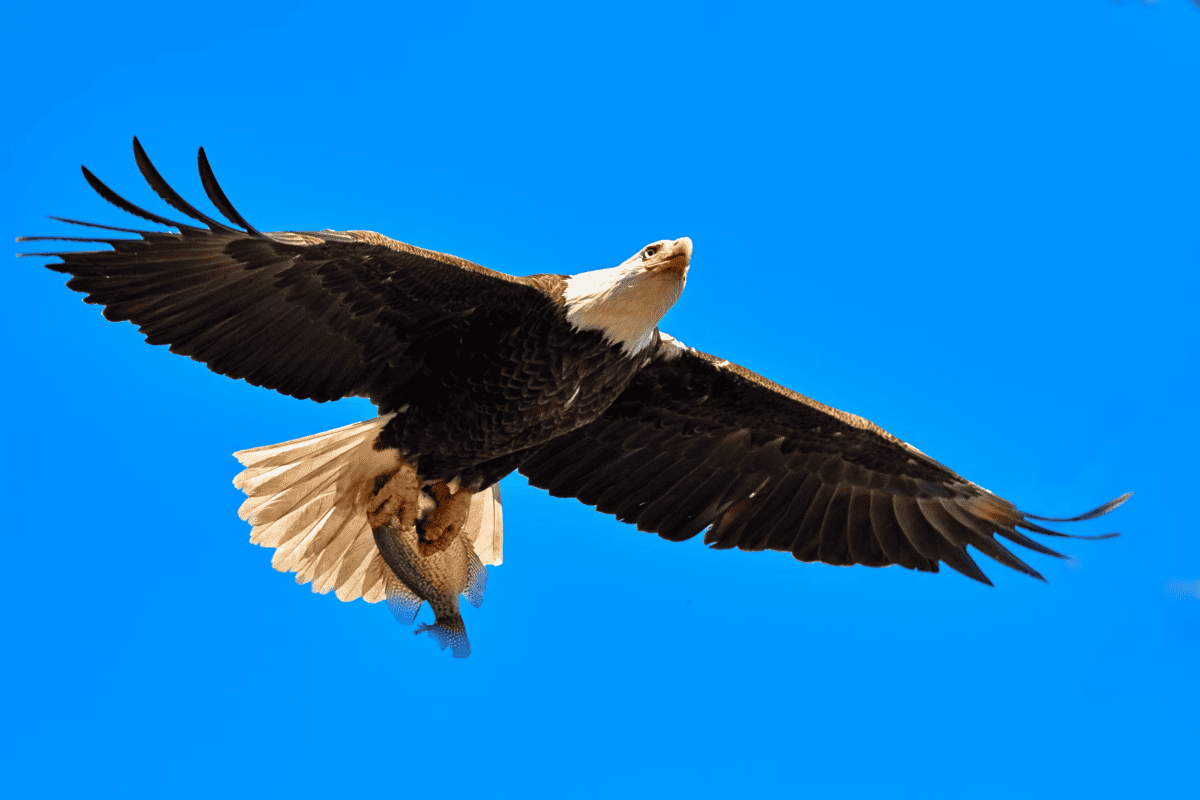
The African fish eagle, with its prominent white head and powerful build, is an iconic raptor of sub-Saharan Africa. Highly skilled in catching fish, this bird of prey often perches near water, diving into the shallows to catch its meals. Its distinctive call is often referred to as “the sound of Africa.”
7. Golden Eagle The Mountain Monarch

The golden eagle, covered in golden-brown feathers, is a formidable predator of the northern hemisphere’s open terrains. Known for their strength, speed, and agility, these raptors are capable of hunting large prey, including mountain goats and deer. Their powerful talons and sharp beak make them one of the fiercest avian hunters.
6. Eurasian Eagle-Owl The Night Stalker
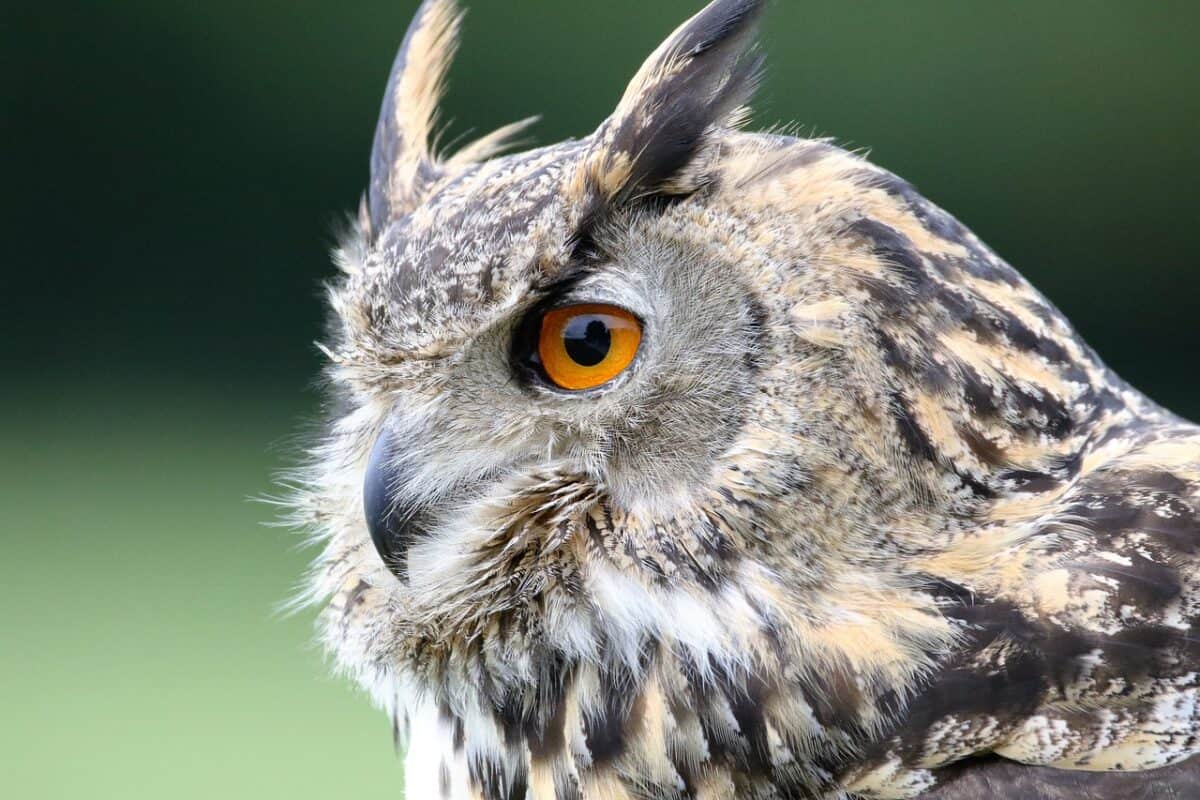
With its piercing orange eyes and prominent ear tufts, the Eurasian eagle-owl is a commanding presence in the night. This owl’s vast range spans across Europe and Asia, where it preys on rodents and other small mammals. Its large size and silent flight make it an efficient nocturnal predator.
5. Crested Caracara The Opportunistic Forager
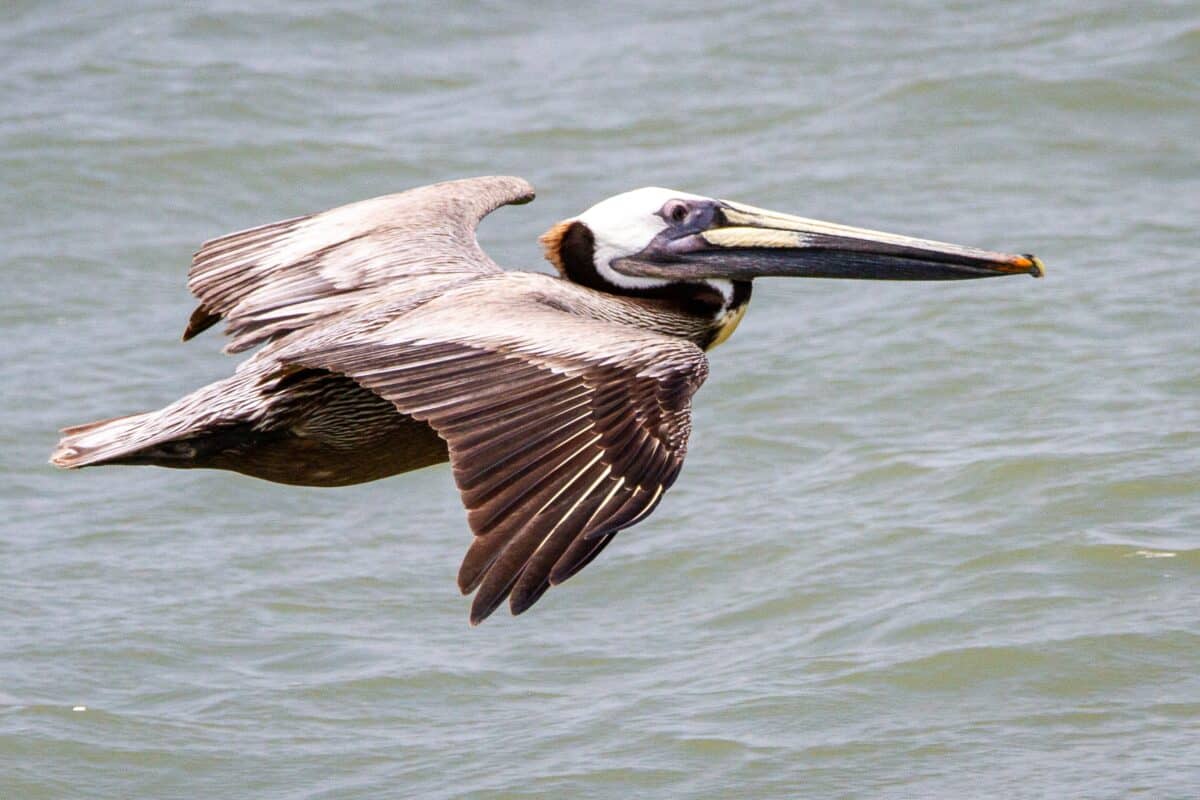
The crested caracara, often seen in Central and South America, blurs the line between hunter and scavenger. With its sharp claws and keen intelligence, it can chase down live prey or scavenge carrion. Its versatility in feeding has made the caracara a successful survivor in diverse habitats.
4. Barn Owl The Ghostly Silent Flyer
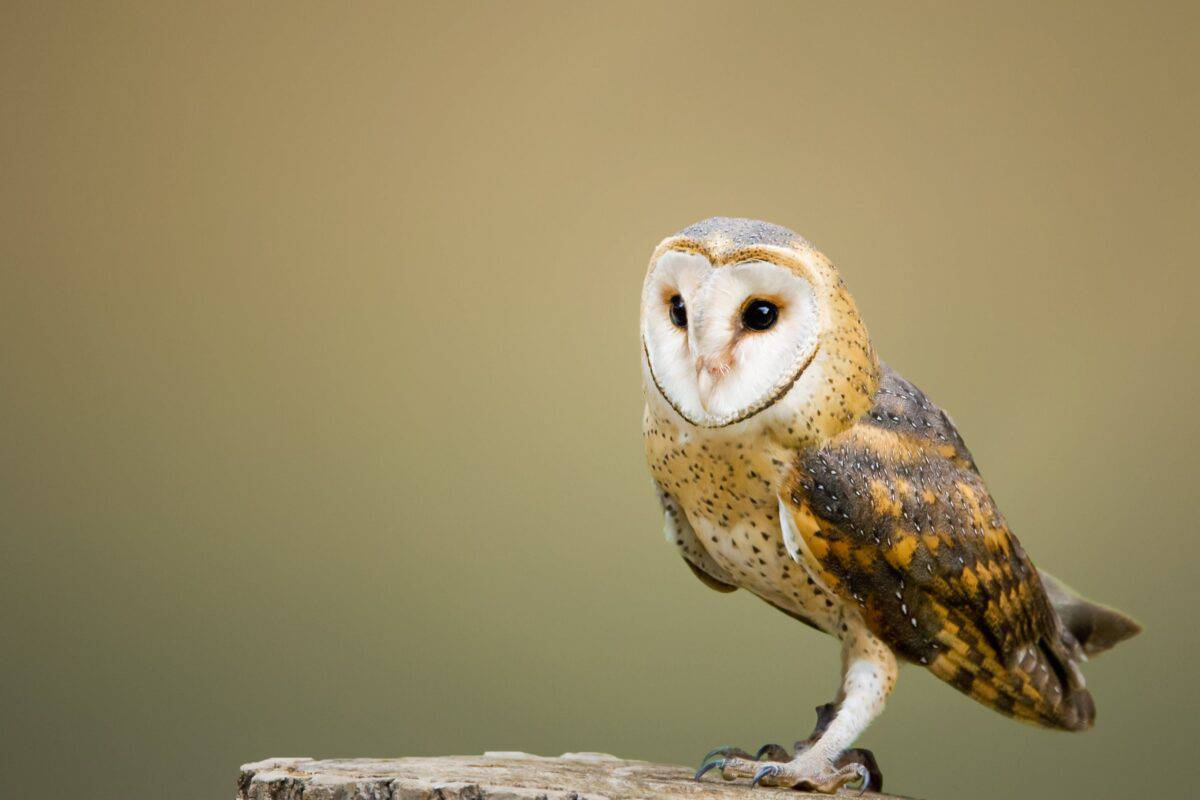
The barn owl is instantly recognizable by its heart-shaped face and ghostly appearance. It thrives in both rural and urban areas, hunting rodents with precision. Barn owls have an exceptional ability to locate prey by sound alone, even in complete darkness, due to their asymmetrical ear placement.
3. Black Kite The Urban Adapter
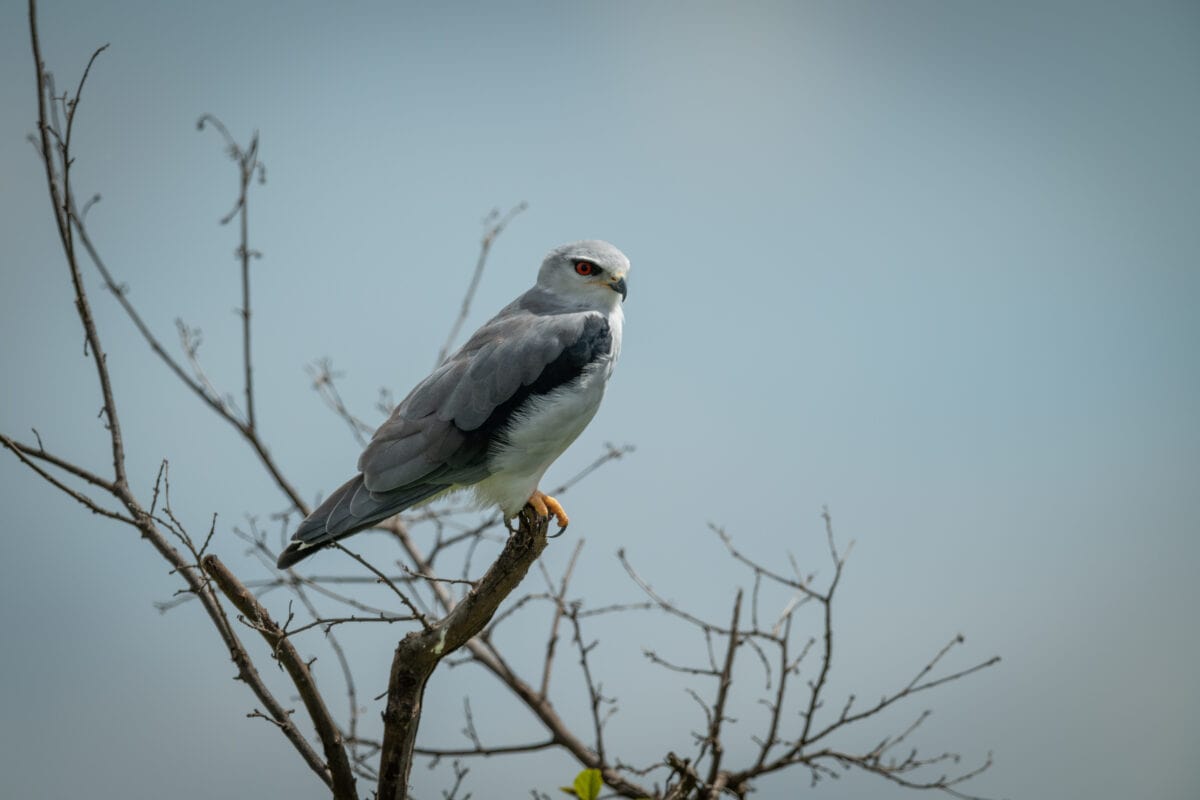
The black kite is a highly adaptive bird of prey, often seen soaring over cities and towns. Renowned for its opportunistic feeding habits, it hunts small animals and scavenges in equal measure. These kites exhibit remarkable skill in the air, able to catch food mid-flight and even in crowded environments.
2. Secretary Bird The Serpent Slayer

Striding across the African savannas on long legs, the secretary bird hunts terrestrial prey such as snakes and insects. Known for its impressive stomping attack, the secretary bird uses its powerful legs to deliver fatal blows to its prey. Its unique hunting style and majestic appearance make it a truly remarkable bird of prey.
1. Common Buzzard The Versatile Hunter

The common buzzard is a widespread species found across Europe and Asia, known for its adaptability and versatility in hunting. It occupies a variety of habitats, from woodlands to urban areas, and feeds on small mammals, birds, and reptiles. This broad-winged raptor is often seen soaring effortlessly, using thermal air currents to conserve energy.
Conclusion:

In conclusion, birds of prey are a testament to the marvels of evolution, each one showcasing unique adaptations that enable them to survive and thrive in their respective environments. From the speed of the peregrine falcon to the power of the harpy eagle, these raptors continue to captivate us, underscoring the importance of protecting their habitats to ensure their continued survival for future generations to admire.
- Jurassic World Dominion Dinosaurs - August 9, 2025
- 11 Signs a Rhino Is About to Charge - August 9, 2025
- 10 Common Chicken Behaviors and What They Mean - August 9, 2025

